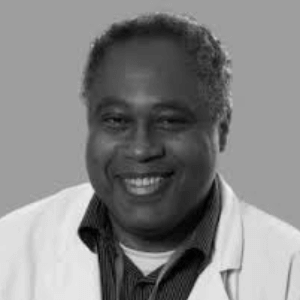Abstract:
Precision medicine, in its quest for rapidly obtained, reliable, precise, accurate and informative druggable biotargets, prognostic markers or molecular signatures predictive of treatment outcome, is the driving momentum behind patient care nowadays in oncology. The two modern branches of onco-pathology, namely molecular pathology and digital pathology are converging toward a highly structured precision medicine scheme. But between this point of convergence and their goal, artificial intelligence (AI) with deep, machine or transfer learning will undoubtedly play a key role in perfecting various diagnostic outlets. Two such outlets are described here applied specifically to the diagnosis of soft tissue tumors : First, an ambient ionisation system in mass spectrometry developped and patented in 2014 by a french national health and medical research body laboratory called Spidermass ( acronym for Speed Profliling Innovative Diagnostic Endoscopy Real-time Mass spectrometry Amazing Straightforward Sensitivity). The proof of concept has potentially been established in a work based on a series of dog tumor biopsies. 200 human tumors are now being assessed at the Oscar Lambret Cancer Center and the French National Network of Soft Tissue Sarcomas for real-time ex vivo molecular diagnoses for rapid histological subtyping. The next step is in vivo assays as an aid to intraoperative margin status determination of sarcomas. Secondy, the ongoing European DIGIST project with applications of deep learning in gastrointestinal stromal tumors assessing its prediction capability of mutations and prognostication from digitized pathology slides of untreated primary tumors.
Audience Take Away Notes:
- Why is mass spectrometry represent a milestone in molecular analysis as point-of-care diagnostic tool. Why is mass spectrometry adapted to soft tissue tumor and sarcoma analysis
- When to use either paraffine-embedded formalin fixed tissue, fresh tissue or frozen material
- How digital pathology can be used to enhance molecular pathology
- In patient care, identify precisely the best and most adapted targeted anti-tumor therapy based on tumor molecular characteristics
- Get rapid results from on-screen pathology slides through AI algorithms
- Mass spectrometry benefits from digitalized slides to superimpose spectral imaging on standard histology slides
- With AI digitalized slides, the perspective is to not need paraffin block for molecular studies
- Spidermass technology can indeed modulate a design in the sense that real-time molecular results can be obtained in a study where brief turn-around time is of the essence



